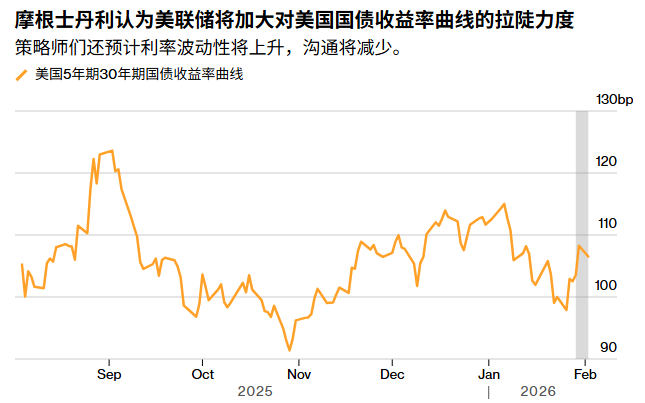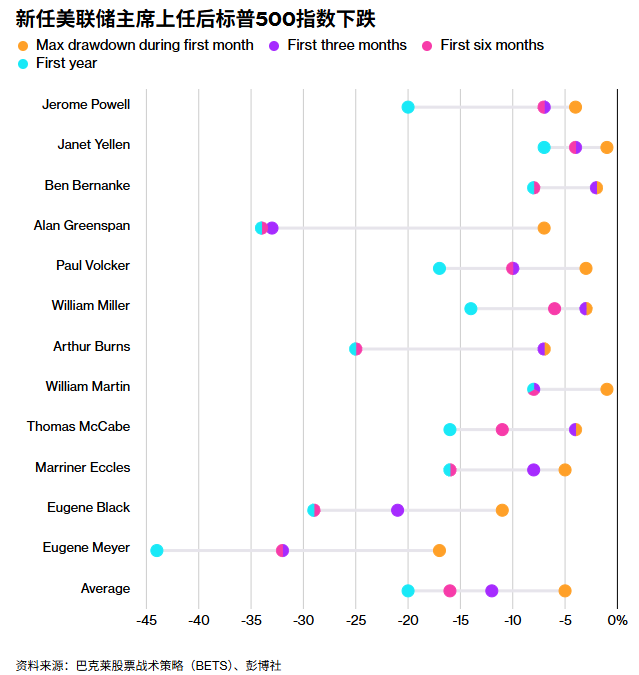DeepSeek recently released an update to its V3 model, promising enhanced programming capabilities, highlighting the Chinese AI startup’s intention to stay ahead of its competitors.

V3-0324 Update – Released on Hugging Face this week, it claims to address real-world challenges while setting benchmarks for accuracy and efficiency.
In January this year, DeepSeek surpassed ChatGPT to become the most popular free app in the US App Store of Apple. Its achievements (including the R1 model that seems to perform on par with OpenAI’s best models) shocked the entire industry and triggered a sell-off in the US market.
As the United States prepares to formulate a controversial framework to control the global development of artificial intelligence, foreign senior officials and large technology companies are urging the Trump administration to reconsider the country’s global semiconductor strategy.
The so-called “AI export control rules” restrict the quantity of AI processors that can be exported to most countries. The Biden administration officials announced these rules in their final week in office, which has sparked strong protests from tech giants like Nvidia. US allies such as Israel and Poland are also dissatisfied with these rules, fearing that they could threaten their valuable chip supplies or reduce the attractiveness of their countries for AI investment.
At present, many governments and companies are trying to persuade President Donald Trump’s team to ease some regulatory requirements before the compliance deadline of less than two months arrives. Government officials have not yet reached a consensus on how to proceed, and it is still unclear which voices will carry the most weight in the debate.
White House and Commerce Department officials, which oversees chip export controls, did not respond to requests for comment on this article. This article is based on interviews with more than a dozen people involved in or familiar with the negotiations. All the interviewees requested anonymity to speak candidly and emphasized that the negotiations were progressing smoothly.
Two people familiar with the matter said that one option that has not yet been considered at the staff level is to completely repeal the bill. However, it remains to be seen whether more senior officials will change their approach.
Washington’s goal is to ensure that the development of artificial intelligence remains concentrated in the United States and its close partner countries. For data centers established elsewhere (from Malaysia to Brazil to India), US policymakers hope that the artificial intelligence infrastructure will meet US security standards. This includes implementing cybersecurity protocols and excluding Chinese hardware from the data center supply chain.
For this reason, the AI dissemination rules divide the world into three categories of chip access: nearly 20 close US partners (located in Europe and East Asia) can access AI chips without restrictions. At the other extreme, rivals such as China and Russia are still prohibited from importing this technology.
In addition, for most countries in the middle range, the rule sets an upper limit on the total amount of computing power available for export. These restrictions have affected ambitious countries in the Middle East and Southeast Asia in the field of artificial intelligence, many of which have not yet been affected by previous rounds of semiconductor rules.
For instance, informed sources said that some officials have put forward the idea of scrapping the three-tier restrictions and the related calculation caps, but they insist on maintaining the basic requirement of export licenses for most countries around the world, which is based on the previous restrictions on China and 40 other countries. Bloomberg reported that some officials are focusing on narrower reforms, such as requiring licenses for smaller shipments instead of the current government notification standard under this framework.
Insiders said that maintaining these restrictions in any form would be an unwelcome outcome for Oracle and Nvidia. Both companies urged the Trump administration to fully revoke the rule and start the regulatory process from scratch. Nvidia, the manufacturer of the world’s most popular artificial intelligence accelerators, believes that these restrictions will push the world towards alternative technologies that offer limited benefits to US national security.


